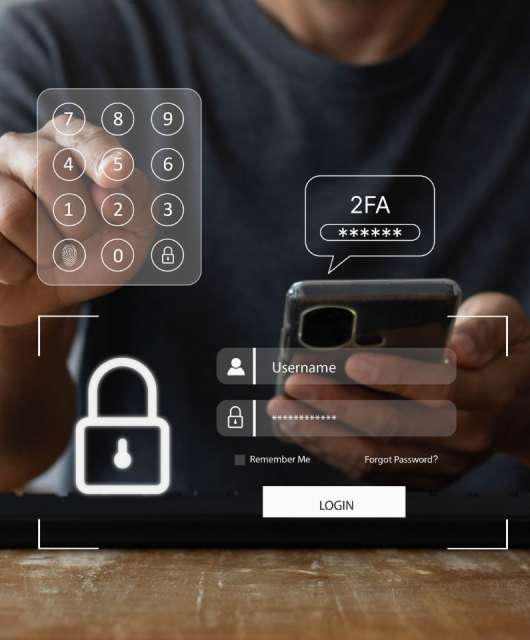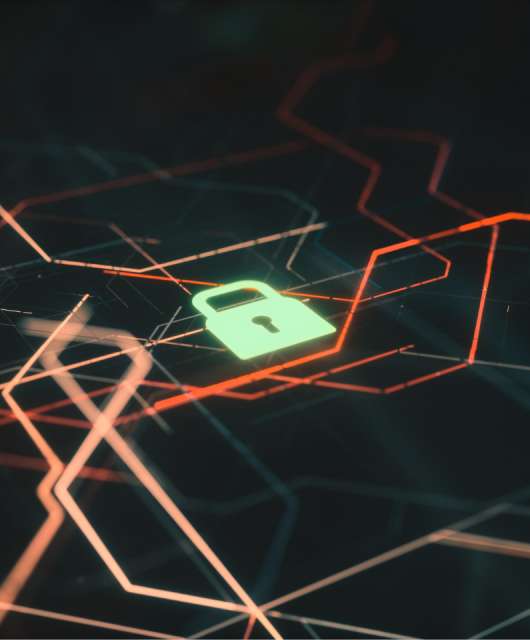The Internet allows us to connect with virtually anyone, anywhere. For some governments, this connectivity is seen as a threat. Most countries use some form of electronic tracking to keep track of terrorists and criminals.
But for every criminal they monitor, governments also capture – and store – personal information belonging to millions of law-abiding citizens. In some countries, like China, this online surveillance is obvious. But in others like the USA and UK, the extent of civilian monitoring only became apparent after the PRISM spying program was revealed.
Privacy is your right – and there’s no reason you have to reveal your secrets to the government just because you want to use the Internet.
Here are some ways you can better protect yourself.
1. Use a VPN
A virtual private network (VPN) is used to encrypt traffic between your device and the websites and services you access online. The right VPN service, like that included with a Panda Dome Premium subscription, encrypts and anonymises traffic, making it much harder for government agencies to track you online.
2. Use encrypted chat apps
Instant messaging apps are now more important for person-to-person communications than SMS, email or social networking. Which is why government agencies spent so much time and effort on monitoring mobile communications.
SMS text messaging is relatively insecure, open to interception. Choosing an encrypted app like iMessage or Telegram will help to prevent your chats and picture messages from being captured by government surveillance programs.
3. Consider physical security
It’s not just your emails and text messages that government agencies are interested in. They also collect location data using the GPS system built into your phone so they can tell where you’ve been, where you are, and even to predict where you will go next. Obviously disabling your phone’s GPS can get round this tracking – but it means that your maps and weather apps won’t work.
That’s not enough on its own however. Your phone is constantly connecting to cell towers so you can make and receive calls – but those connections can be triangulated, to calculate your location again. The only way to prevent triangulation is to turn your phone off – or to store it in a special bag that can block radio signals.
The trouble is that you cannot make or receive calls while the phone is in the bag. And as soon as you take it out of the bag, your location will be revealed.
Use common sense
The reality is that you probably cannot be completely anonymous online – but you can minimise your exposure. Aside from using an anonymous VPN, your best protection is common sense. Before doing anything online, take a moment to think, ‘how might my privacy be compromised – and what can I do to reduce the risk?’
Answer those questions and you are well on your way to avoiding the most common forms of government surveillance.
To learn more about anonymous VPNs and how Panda Dome protects your privacy, you can download a free trial here.








5 comments
How can you recommend Telegram? It’s not even as secure as WhatsApp (not even close: messages aren’t end-to-end encrypted by default, and they use self-made cryptography). But you shouldn’t use WhatsApp, of course. Your best bet would probably be Threema or Signal, but only the former can be used without providing a phone number. However, it’s not free.
How can Panda allow Ad-aware ( Lavasoft ) to automatically hijack – and attach itself – to web browsers like Firefox ? This is an unwanted program which is not being picked up in a Panda scan. Microsoft recently made a major update on my PC – with chaotic results. Microsoft really make angry the way they ram their preferences down peoples’ throats. They want everyone to use their own browser and so deliberately disable others. My computer is overrun with TRACKING files being picked up a CCleaner – but this does not bother Panda in the least. Well, it bothers me ! Someone websites insist on cookies – but this is going too far. GET RID OF AD-AWARE PLEASE.
Hi Derek,
Thanks for your feedback. We will review it and will take it into consideration.
Best regards,
Panda Security.
because my country (IRAN) goverment filtered Telegram . not WhatsApp
When you are on the internet or using your smartphone, don’t expect privacy. You want to discuss something private, meet in person. You want to send something private, send it by carrier (the good old envelop with a stamp). It has been like this for a long time. Otherwise use your phone and internet wisely.